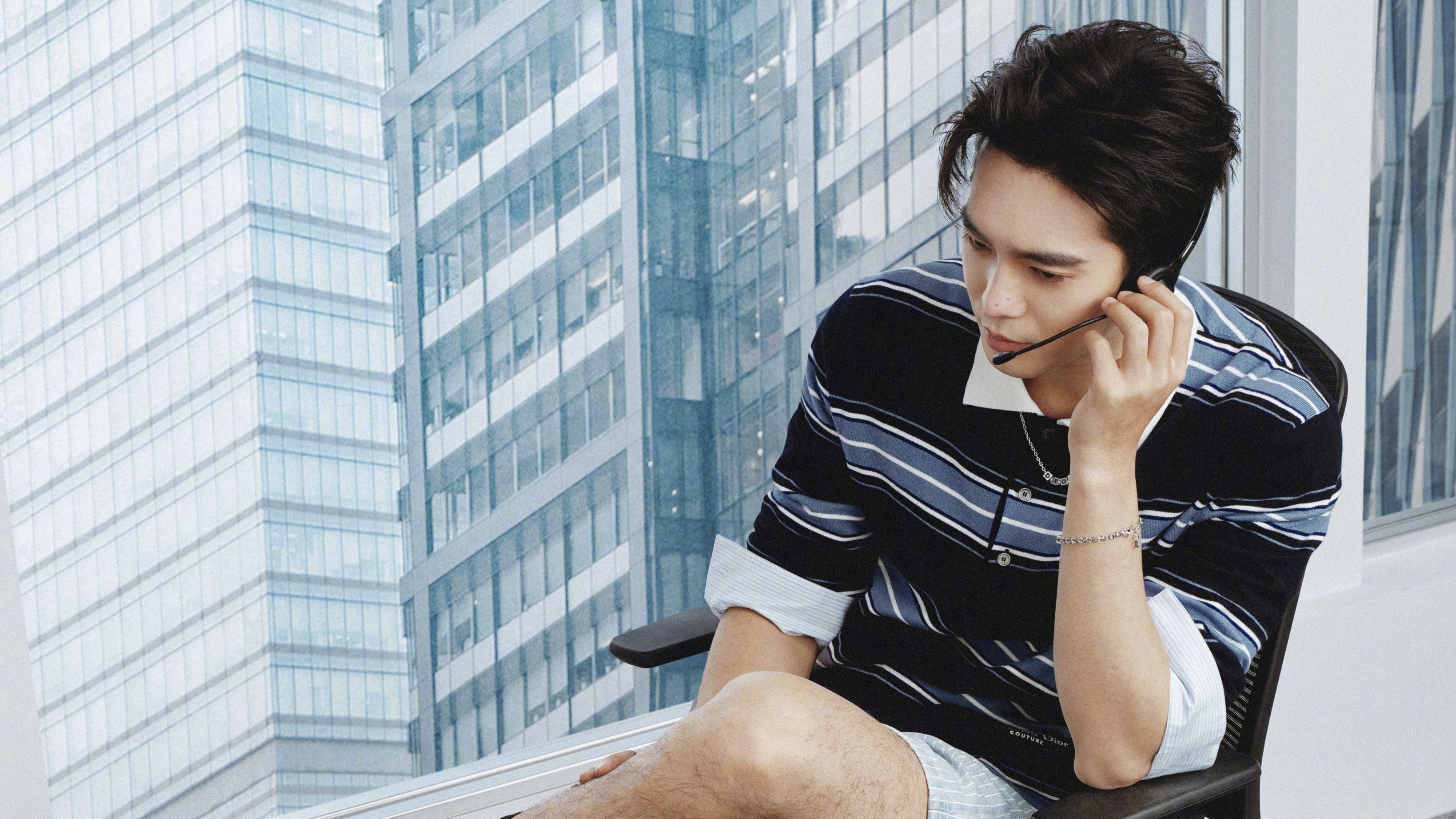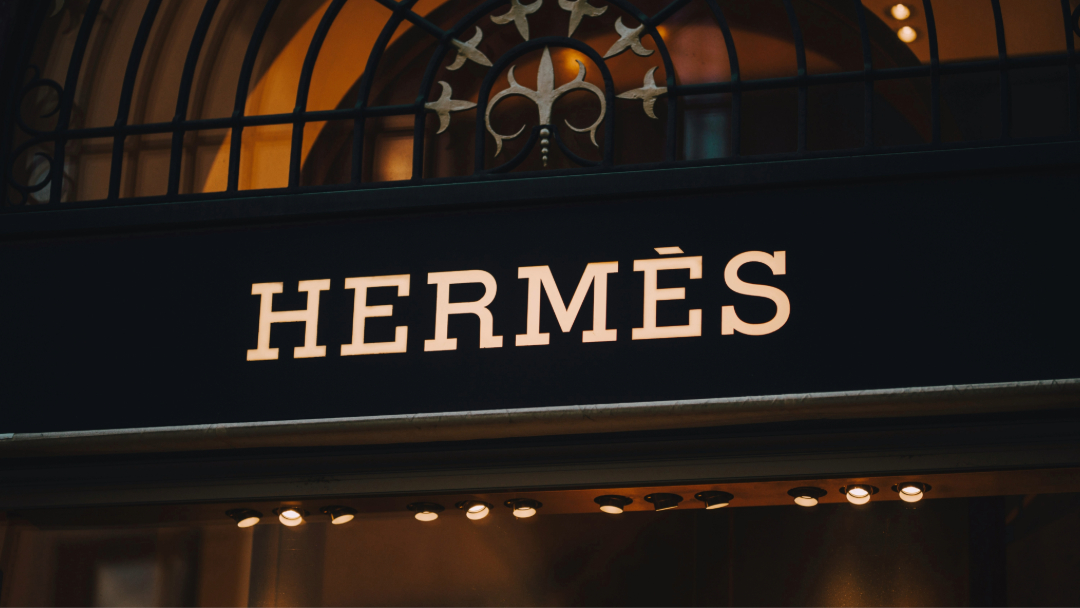The latest UK Luxury Benchmark Study, scanning sentiment from luxury market professionals, has revealed that despite tumultuous market winds, the region is still a key luxury hub – and poised for significant growth.

The latest UK Luxury Benchmark Study, scanning sentiment from luxury market professionals, has revealed that despite tumultuous market winds, the region is still a key luxury hub – and poised for significant growth.
The latest UK Luxury Benchmark Study, scanning sentiment from luxury market professionals, has revealed that despite tumultuous market winds, the region is still a key luxury hub – and poised for significant growth.
Now an established report on the UK luxury market, the fifth annual UK Luxury Benchmark Study, produced in conjunction with Wealth-X (previously known as Ledbury Research) and Walpole, surveyed 68 senior luxury market professionals within Walpole’s membership, 62% of whom are either C-Suite executives or company owners.
According to the research, all signs point to growth for the UK luxury sector, with 75% of respondents to the study stating that they expected to see full year sales increase from 2014, despite the economic slowdown in emerging markets, the global exchange rate fluctuations and the uncertain geopolitical environment.
The results confirm the statistics previously highlighted in a recent article by Luxury Society focusing on the The Top 11 Luxury Hubs Of UHNWIs, which identified London as “the world capital for the super-rich, the epicenter of which is the small district of Mayfair”.
“ 75% of respondents to the study stated that they expected to see full year sales increase from 2014 ”
Additionally, respondents to the study, working in the luxury sector, also revealed that commercial confidence in the UK economy is growing, with up to 56% of companies, who responded to the study, saying that they have increased their workforce since 2014.
While London remains the country’s luxury hub, and luxury brands continue to invest in the city, rapid wealth creation in the North of England as well as the government’s significant infrastructure investment plans will provide further opportunities for luxury brands to expand their footprint. Close on London’s coat-tails is Manchester, with 34% of respondents listing Manchester as the strongest growth city outside of London, anticipating further luxury spending in the wider region.
Looking at luxury consumers, the research revealed that the USA has overtaken China to become the fastest growing source of tourist sales in the UK, however, as the importance of Chinese consumers to the UK’s luxury sector grows, so too has the pressure from brands on the UK government to simplify visa policies for Chinese visitors.
“ Respondents said they see visas as the biggest barrier in attracting international shoppers ”
Respondents said they see visas as the biggest barrier in attracting international shoppers, with obtaining visas and exchange rate volatility seen as key challenges to attracting tourists to the UK.
In response, in January 2016 – adopting recommendations made by the UKCVA – the British government launched the two-year visitor visa scheme, helping to encourage Chinese visitors to the country, which is expected to have a positive knock-on effect in the coming year.
On an internal level, the research revealed that brands continue to increase their investment in digital capabilities and their creation of engaging digital luxury narratives in order to appeal to a new generation of luxury consumers. On average, 20% of a respondent’s marketing budget is allocated to digital. 74% of respondents stated that the biggest impact of digital marketing was the ability to attract new customers. This was followed by brand building (56%) and driving online sales (41%).

Manchester: Dubbed the strongest growth city for luxury, outside of London
Commenting on the results, Michelle Emmerson, CEO of Walpole, said: “We are encouraged by the findings of the latest UK Luxury Benchmark Study, with further growth (almost unanimously) expected for the UK luxury sector. Walpole is committed to supporting the next generation of craftsmen in the industry, and so it is heartening to learn that this is of significant importance to luxury brands in the UK, as well as a focus on design excellence and authenticity.”
Wealth-X Senior Luxury Analyst, Madelaine Ollivier added that the firm sees the UK, and London particularly, retaining its status as the “go-to” luxury hub for the world’s wealthy.
“The central – location of the UK and its attractive business and fiscal environment – barring a potential exit from the EU, continues to appeal to a diverse cross-section of nationalities. London remains one of the world’s most established luxury cities and its luxury infrastructure continues to make it an exciting and dynamic place to be for both brands and consumers,” she said.
To further investigate local luxury markets on Luxury Society, we invite you to explore the related materials as follows:_
– Focus: The Top 11 Luxury Hubs Of UHNWIs
– India: Promised Land Of The Luxury Boom?
– Taiwan: On The Verge Of Luxury Greatness?










